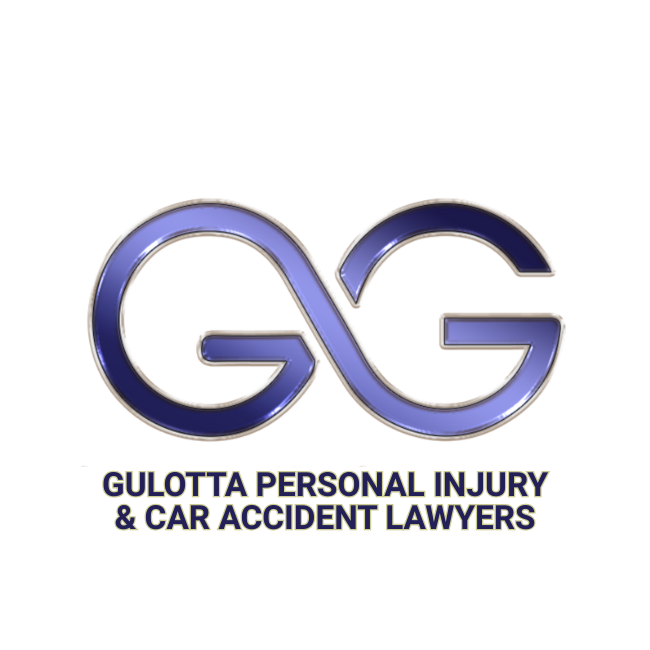
03 Jul The Legal Consequences of Ignoring a Broken Door
A squeaky hinge. A cracked frame. A door that doesn’t close quite right. It’s easy to ignore these small issues—until someone gets hurt.
What many property owners don’t realize is that a broken or poorly maintained door isn’t just an inconvenience—it can be a serious safety hazard. If an injury occurs because of that faulty door, the property owner could face a personal injury lawsuit under premises liability law.
Let’s explore how something as ordinary as a broken door can lead to legal consequences—and how you can prevent it.
What Can Go Wrong with a Broken Door?
A door in poor condition can cause injuries in several ways:
- Slamming shut unexpectedly due to broken hinges or misaligned frames
- Falling off its hinges if it’s loose or not properly mounted
- Tripping hazards from warped thresholds or uneven doorways
- Pinched fingers in cracked or splintered frames
- Cuts or lacerations from broken glass panes or sharp edges
- Failure to open during emergencies, leading to entrapment
In both residential and commercial spaces, these issues can be the source of preventable accidents.
Premises Liability: When Property Owners Are Held Responsible
Under premises liability law, property owners have a duty to keep their premises reasonably safe. If a guest, tenant, employee, or customer is injured due to a hazard the property owner knew about—or should have known about—and failed to fix, they may be held liable.
If someone is injured by a door that was obviously broken or hazardous, and the owner did nothing to address it, that can be considered negligence.
This applies to:
- Homeowners
- Landlords and property managers
- Business owners and commercial property operators
Real-World Example
A landlord receives a maintenance request from a tenant about a loose balcony door that doesn’t latch properly. The repair is delayed. A week later, the door slams shut in high wind, injuring the tenant’s hand. The result? A premises liability claim—and potential compensation for medical costs, pain and suffering, and lost wages.
Common Legal Consequences for Ignoring a Door Hazard
If a court determines that a property owner’s inaction caused or contributed to the injury, consequences may include:
- Medical expense reimbursement
- Lost wage compensation
- Pain and suffering damages
- Legal fees and court costs
- Increased insurance premiums
- Code violation penalties (if the property was non-compliant)
In rental or commercial properties, failure to address a door hazard can also lead to code enforcement action or tenant legal complaints.
How to Prevent a Broken Door From Becoming a Lawsuit
- Inspect doors regularly for signs of wear, misalignment, or hardware failure
- Address complaints quickly, especially from tenants or staff
- Use quality materials—doors, frames, and hardware should be durable and up to code
- Hire licensed professionals for installation and repairs
- Upgrade glass doors with tempered or laminated safety glass
- Maintain emergency exits and fire-rated doors to ensure they operate properly
Proactive door maintenance is far more affordable than dealing with a lawsuit after an injury.
Ignoring a broken door may seem harmless—until it causes harm. Whether you own a home, manage a rental, or operate a business, keeping entryways in safe condition is part of your legal duty.
Don’t wait until an injury occurs to take action.
A quick repair today could save you from major legal and financial consequences tomorrow.
Safe doors protect people—and they protect you from liability.
